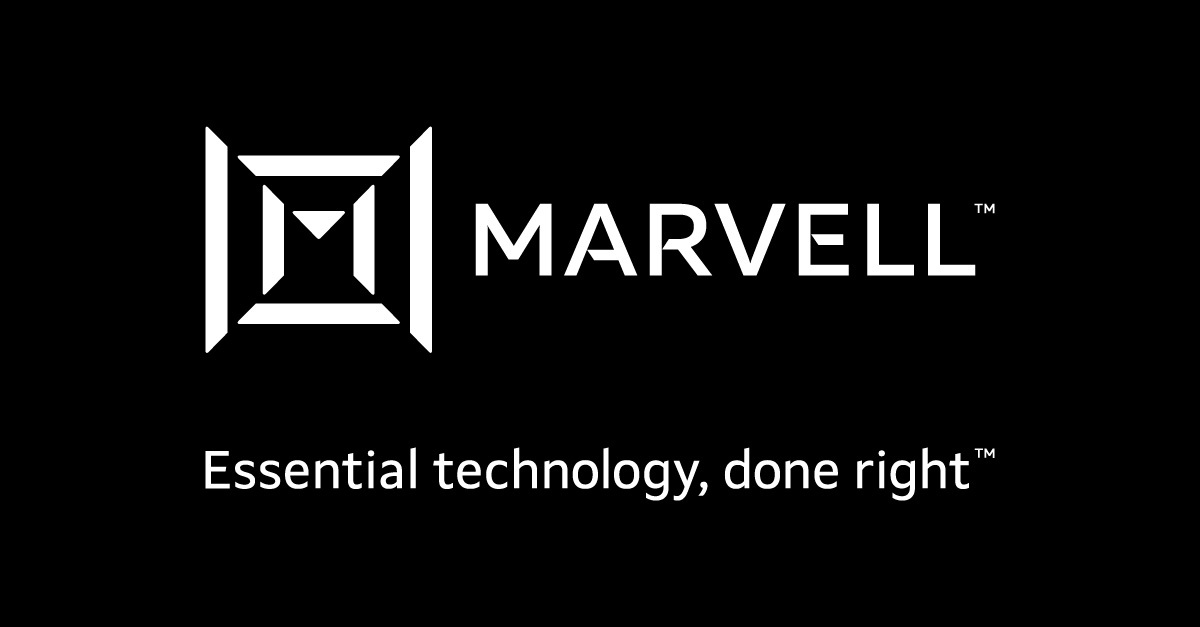Authored by 17 experts across healthcare, academia and technology, BRIDGE offers an open framework for turning AI ideas into real-world clinical solutions
AMSTERDAM , June 17, 2025 -- At HLTH Europe, Aidoc announced the release of BRIDGE, a new open-source framework developed to help healthcare organizations deploy AI safely, effectively and at scale. Developed by Aidoc in collaboration with NVIDIA, the BRIDGE framework reflects the combined insights of health systems, clinicians and technology leaders working at the front lines of AI adoption.
Short for Blueprint for Resilient Integration and Deployment of Guided Excellence, the framework outlines the technical, regulatory, operational and trust-building criteria AI solutions must meet to be considered healthcare-ready. Developed with input from 17 leading organizations, including the University of Washington, University Hospitals and Ochsner Health, it offers a practical, implementation-focused roadmap for hospitals navigating the complexities of clinical AI deployment.
"To safely deploy AI in healthcare, we need more than strong algorithms. We need shared structure," said Reut Yalon, PhD, Chief Product Officer at Aidoc. "BRIDGE provides that structure. It helps the industry align on what 'good' looks like so we can accelerate adoption without compromising safety or performance."
As clinical AI adoption accelerates, there's a growing opportunity to align around a shared framework that supports consistent, scalable and trusted deployment. BRIDGE was created to address that need, offering a common set of expectations for what it takes to move from experimentation to real-world integration. A lack of shared definitions and deployment expectations has led to fragmentation across vendors, evaluation processes and hospital IT strategies. BRIDGE aims to unify that environment by providing CIOs, governance leaders and platform vendors with a clear, consensus-driven foundation for assessing and integrating AI solutions.
"Deploying AI at scale requires more than technical performance. It requires trust, transparency and system-level readiness," said Efstathia Andrikopoulou, MD, echocardiography medical director at Harborview Medical Center and associate professor of medicine and collaborative intelligence at the University of Washington. "BRIDGE helps define those standards in a clear, actionable way, giving health systems the structure they need to implement AI safely, responsibly and with long-term impact in mind."
The BRIDGE framework is structured around core areas that determine whether clinical AI can function safely and effectively in real-world settings. These include:
- Clear distinction between models and full solutions, emphasizing the infrastructure, workflow integration and user experience required to move beyond a standalone algorithm.
- Minimum viable production environment (MVPE) requirements. This includes the technical conditions, validation protocols, regulatory checkpoints and cost benchmarks that any AI solution must meet before clinical deployment.
- Trust-building mechanisms, such as transparency, explainability and defensibility of results across varied clinical settings and user types.
- Scalability guidelines, covering interoperability, coordination across multiple models, agentic automation and long-term performance monitoring across departments and data types.
Together, these components form a unified structure for evaluating, purchasing and deploying AI solutions. BRIDGE is not a vendor specification, but a community-aligned framework designed to evolve over time. It's built to inform RFPs, guide implementation teams and help align AI creators, users, implementers and decision makers on what it takes to move from "working proof of concept" to real-world impact.
"We're at a point where AI in healthcare must mature from experimentation to integration," said Leonardo Kayat Bittencourt, MD, PhD, vice chair of innovation in the Department of Radiology at University Hospitals. "BRIDGE gives health systems the foundation they need to scale AI responsibly and the language to do it together."
BRIDGE is built for a fast-moving field. As clinical AI advances, the framework will continue to evolve from incorporating new technologies and regulatory changes to sharing new real-world insights. From the beginning, BRIDGE has been a collaborative effort shaped by leaders across healthcare, research and technology. That spirit will continue as the BRIDGE community works to strengthen and expand the framework.
BRIDGE is now publicly available and can be downloaded for free at www.aibridgeframework.com. To learn more, contribute ideas or get involved in future iterations, visit the site and join the community shaping the future of clinical AI.
About Aidoc
Aidoc is the leading provider of clinical AI solutions, helping health systems reduce diagnostic errors and deliver faster, more accurate care. Built around aiOS™, our proprietary intelligence engine, Aidoc integrates real-time insights directly into clinical workflows so care teams see what matters, when it matters most. From radiology, cardiology and beyond, we help providers close care gaps, accelerate treatment and protect the moments that matter. Used in over 1,500 hospitals and supporting 100,000 patients every day, Aidoc offers the most FDA-cleared clinical AI solutions of any dedicated AI company, setting a new standard for clarity, consistency and confidence in care.
This News is brought to you by Qube Mark, your trusted source for the latest updates and insights in marketing technology. Stay tuned for more groundbreaking innovations in the world of technology.









